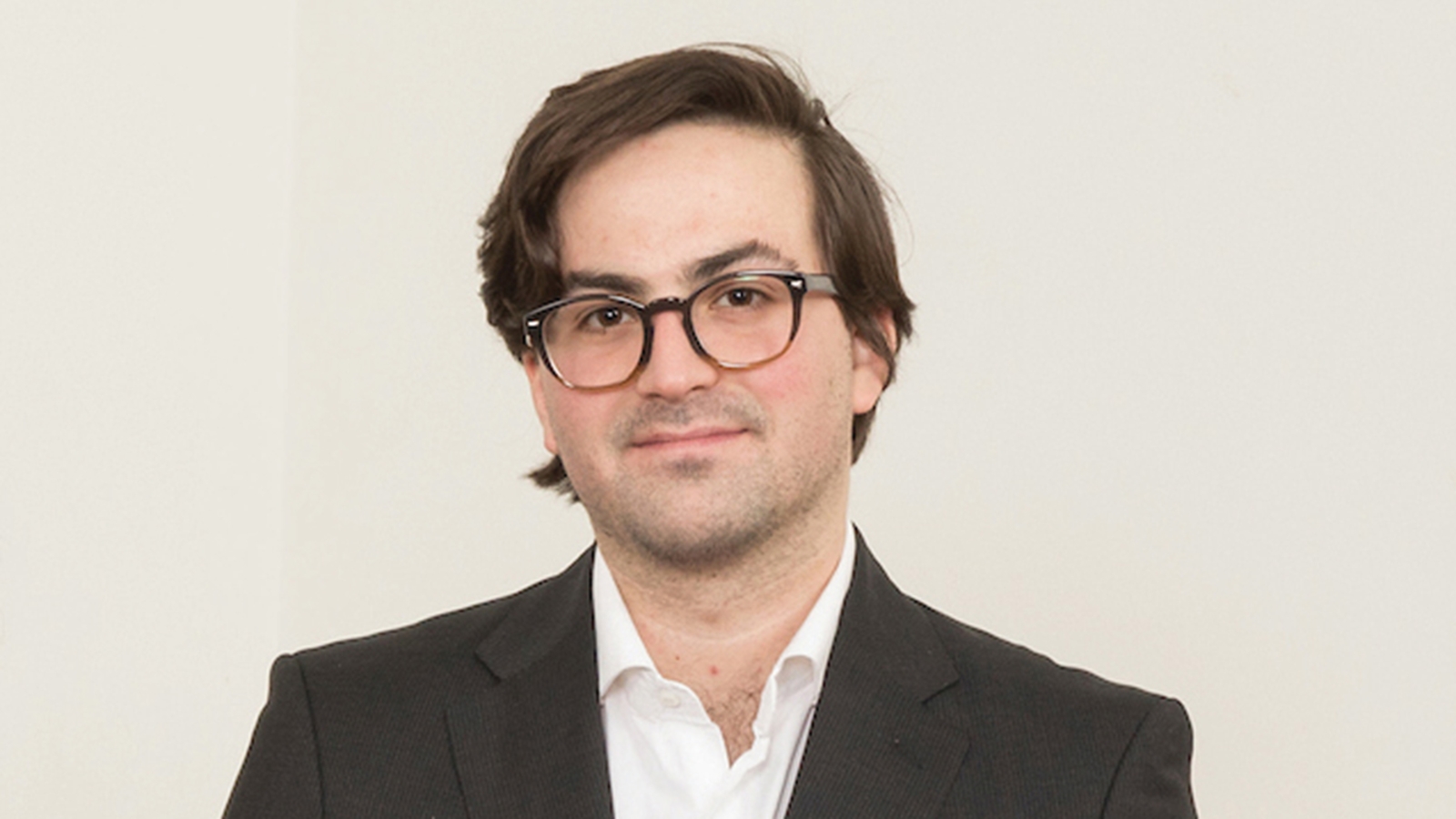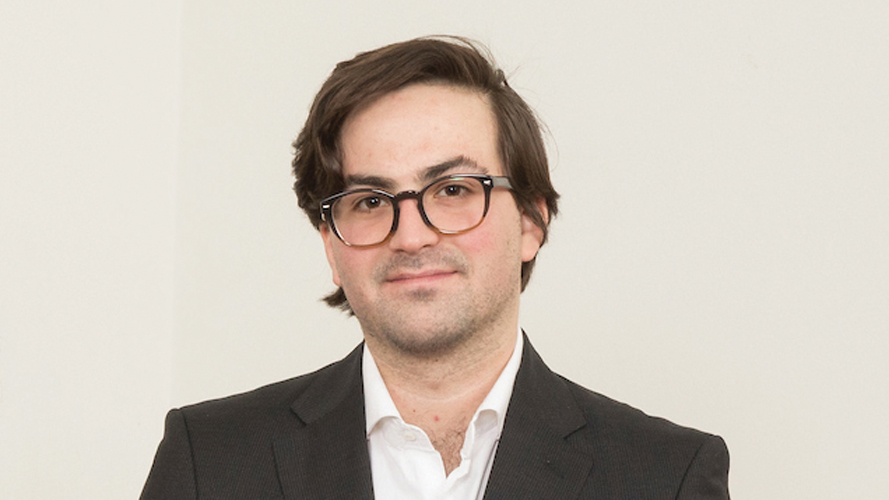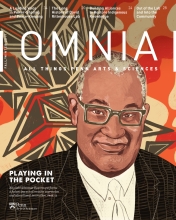Can Binge-Watching Change Our Opinions?
Nicholas Berrettini, LPS’19, examines Italian crime dramas.

When Nicholas Berrettini wanted to watch The Sopranos as a teenager, his father said no. “My dad was offended by it. He felt it perpetuated stereotypes toward American Italians,” he says. Now Berrettini, who just graduated with a degree in Italian studies from the College of Liberal and Professional Studies, wants to see how media can influence our opinions—especially in an age of streaming and binge-watching.
After catching up on The Sopranos in college, he had gone on to watch The Wire, and then Gomorra and Romanzo Criminale, two Italian polizieschi, or crime dramas. He was seeing common threads, some expected, but some which surprised him.
“They were all set in a homosocial, super-masculine crime environment,” says Berrettini. “The characters all dress really well, and there always seems to be one gay character just inserted in, who is illustrated as lesser in some sort of way.”
Berrettini wrote his senior honors thesis on conceptualization of Italian masculinity in polizieschi, finding an arc of ideas on masculine Italian identity from fascism to Berlusconism, and discussing the effect of the “hypermasculinity” depicted in the shows.
“It’s definitely a conservative, male identity in that men are expected to fulfill particular social rules. However, there’s also a lot of attention placed on how a man looks,” says Berrettini, whose thesis, “The Sisterhood of the Traveling Leather Jackets,” received the award of excellence in Italian studies.
He traces the idea of uniform dress back to fascism in Italy. “It’s extremely rigid,” he says. “I used this for context because these are similar very rigid environments in crime. Fascism itself was a successful organized crime organization.”
Berrettini believes there should be empirical studies to determine if media can negatively affect prejudices, with interdisciplinary work done among the humanities, arts, and sciences.
“We have so many more tools now and such a great scientific understanding,” he says. “I think any kind of art should not be censored, but we do need to understand better what’s happening to people who are watching.”




